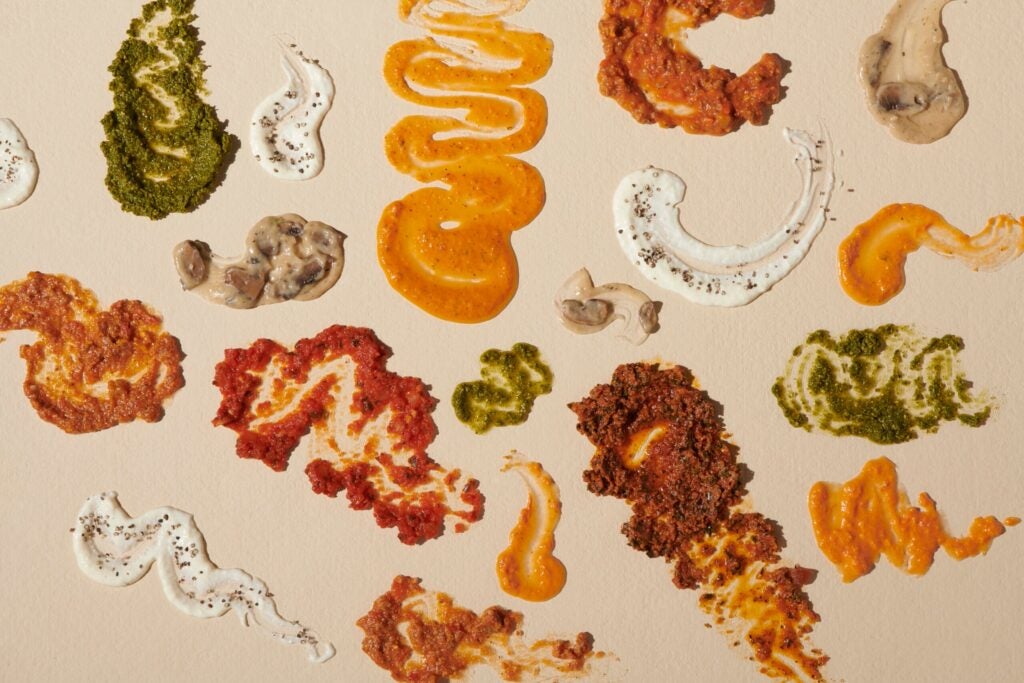Labels and certifications can help guide your non-food choices.
Increased consumer focus on the sustainability of the foodservice establishments they frequent extends to virtually every aspect of an operation—including the disposable wares that add convenience and portability to the dining experience. One only needs to Google “plastic straws” to see that disposable waste is an issue garnering significant media and public attention.
Operators who want to meet customer demand for “greener” disposable products are presented with a growing collection of containers, trays, cutlery, napkins and other items purported to be environmentally friendly. Evaluating which products are right for your needs and your brand starts with understanding the claims associated with these products.
Third-party certifications
Manufacturers of disposables can submit their products for analysis by independent organizations that have developed widely acknowledged standards for environmental performance. Products that achieve these standards are certified by the organization and that certification can be used to market goods to buyers (and inform the public). The most prominent disposable certifications include:
EcoLogo. Certified EcoLogo products undergo a multi-attribute, lifecycle-based environmental review with scientific testing and auditing to comply with stringent, third-party, environmental performance standards. EcoLogo is North America’s oldest and most widely recognized certification of environmental leadership.
Green Seal. Green Seal Certified products undergo a process to ensure they meet rigorous performance, health and environmental criteria. The certification ensures that products work as well as or better than others in their class, and are evaluated based on state-of-the-art science-based programs without bias or conflict of interest.
Certified Compostable. These products meet the composting standards of ASTM International, a global leader in standards development. Certified Compostable products must break down and disintegrate within 180 days in a composting facility, be visually indistinguishable in compost, and leave no toxic residue. Biodegradable Products Institute (BPI) is the leading certifier of compostable products.
Label claims
Manufacturers can also identify products by their makeup. The two most widely used label claims for sustainable disposables are:
Made from Recycled Materials. Recycled content products are wholly or partially comprised of pre-consumer and/or post-consumer material. This material has been diverted from the waste stream to make a new product.
Made from Renewable Resources. These products are made from natural resources—primarily plant-based materials such as sugar cane or corn starch—that can be replenished in a finite amount of time.
Making Clear Choices about disposables
The Gordon Food Service Clear Choice Program helps operators find and select products that meet customer needs for cleaner, responsibly sourced and environmentally friendly products. It organizes thousands of products with claims and third-party certifications. The Environmentally Friendly category includes nonfood consumable products that have a lower environmental impact.
Ordering products that meet your needs
Log into Gordon Ordering to find and select environmentally friendly disposable products.










